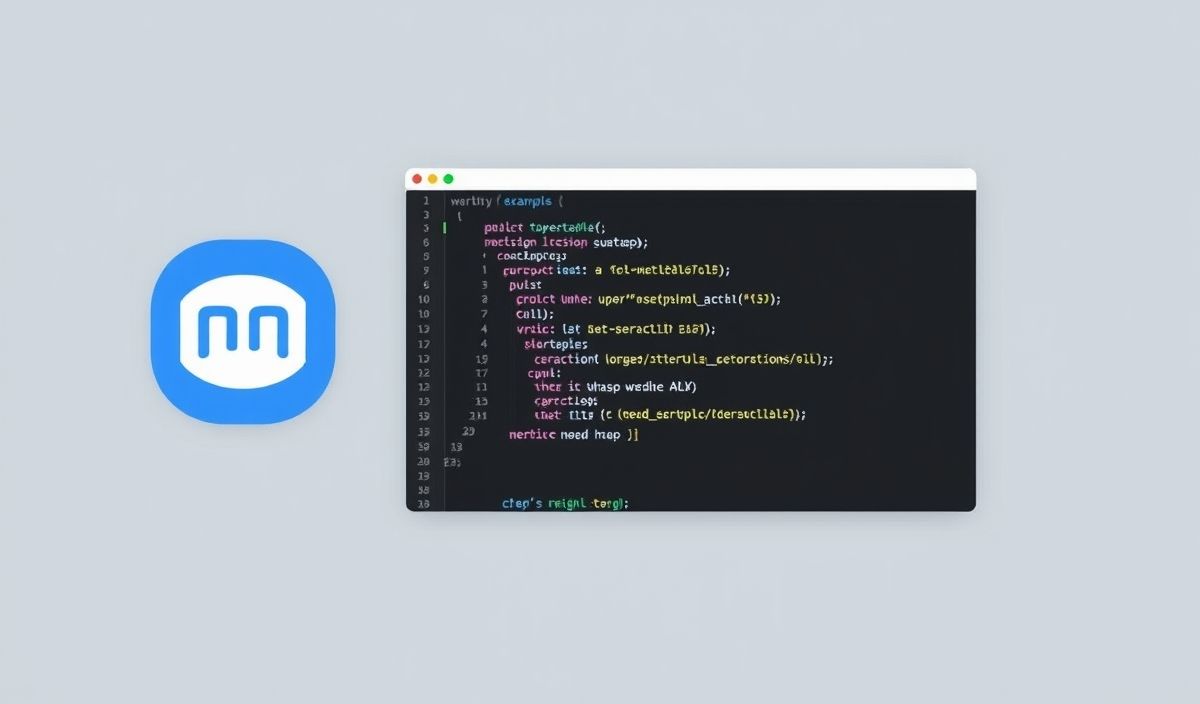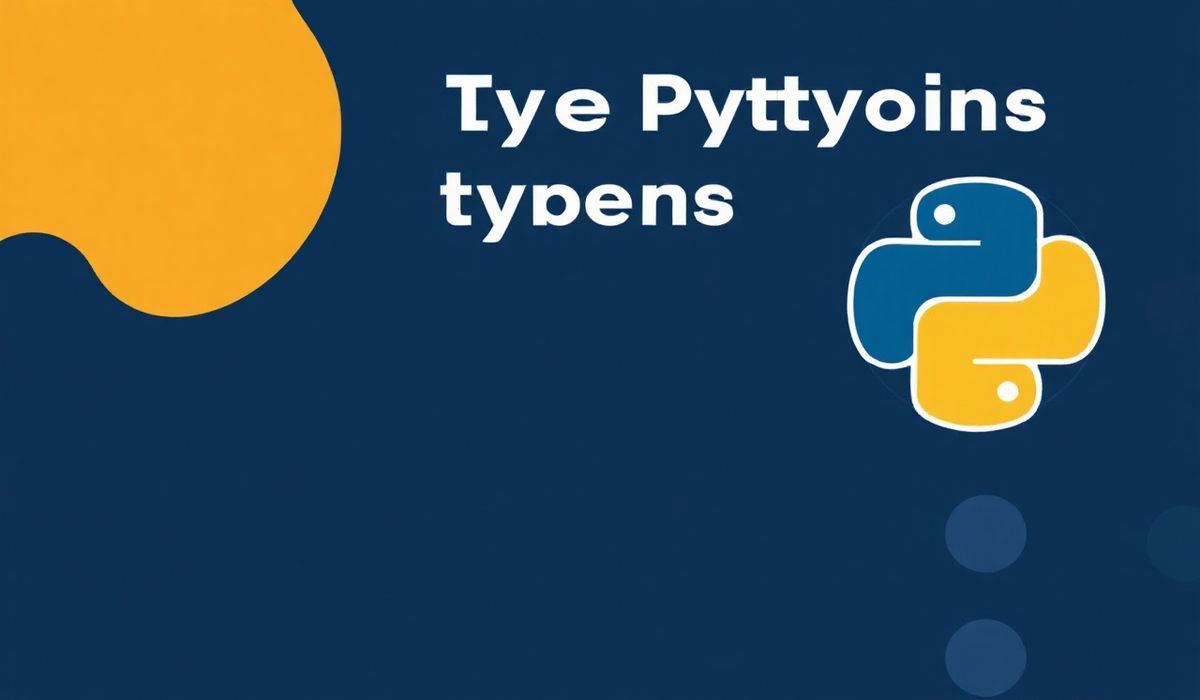Introduction to mu2
Welcome to the comprehensive guide to mu2, a versatile and powerful library designed to make your development process smoother and more efficient. Whether you are working on web applications, data processing, or automation, mu2 provides a wide range of APIs that can greatly simplify your tasks. In this guide, we will explore dozens of useful mu2 API functionalities with practical code snippets and examples.
Basic Setup
Before we dive into the APIs, let’s quickly set up mu2 in your project:
npm install mu2 --save
Useful APIs with Examples
1. Render API
The Render API is one of the most used features in mu2. It allows you to render templates with ease:
const mu2 = require('mu2');
mu2.render('template.html', { name: 'World' }, function (err, output) {
if (err) {
throw err;
}
console.log(output);
});
2. Compile API
The Compile API lets you compile templates into a function, which can be reused for better performance:
const mu2 = require('mu2');
const compiled = mu2.compile('template.html');
compiled({ name: 'World' }, function (err, output) {
if (err) {
throw err;
}
console.log(output);
});
3. Render Text API
If you need to render text directly without loading a file, the Render Text API is handy:
const mu2 = require('mu2');
const template = "Hello, {{name}}!";
mu2.renderText(template, { name: 'World' }, function (err, output) {
if (err) {
throw err;
}
console.log(output);
});
4. Set Base Path
Setting a base path for your templates can help with organization:
const mu2 = require('mu2');
mu2.root = __dirname + '/templates';
mu2.render('template.html', { name: 'World' }, function (err, output) {
if (err) {
throw err;
}
console.log(output);
});
App Example
Let’s create a simple web app using mu2 and the Express.js framework:
const express = require('express');
const mu2 = require('mu2');
mu2.root = __dirname + '/templates';
const app = express();
app.get('/', (req, res) => {
mu2.render('index.html', { title: 'Welcome', message: 'Hello World!' }, function (err, output) {
if (err) {
res.status(500).send('Error rendering template');
} else {
res.send(output);
}
});
});
app.listen(3000, () => {
console.log('Server is running on http://localhost:3000');
});
This simple example demonstrates how easy it is to integrate mu2 into your web application development process.
Hash: e51f268d744540288e5d74c2a446908787051f76e175d3d62fbd2a31d3910cbc




